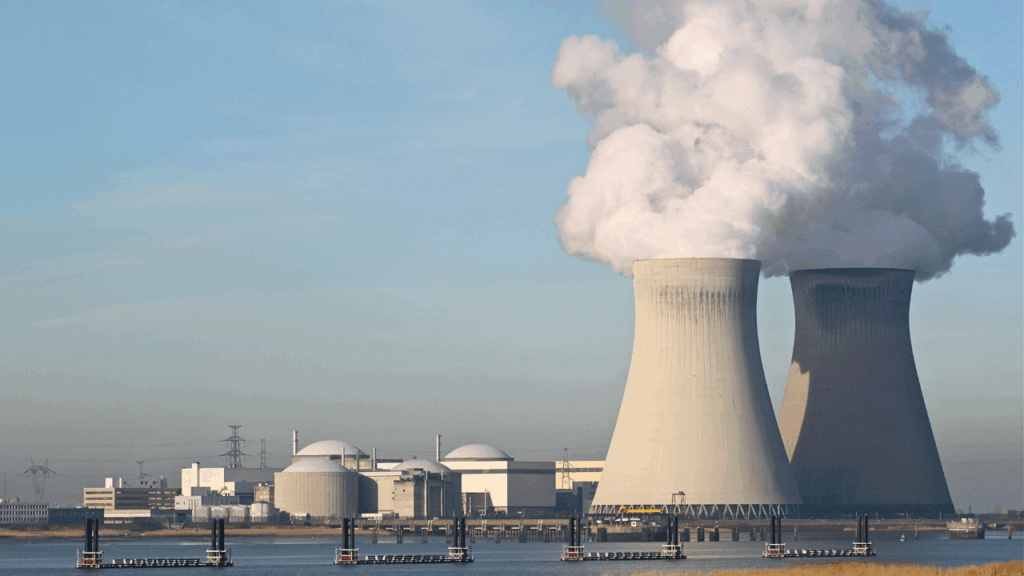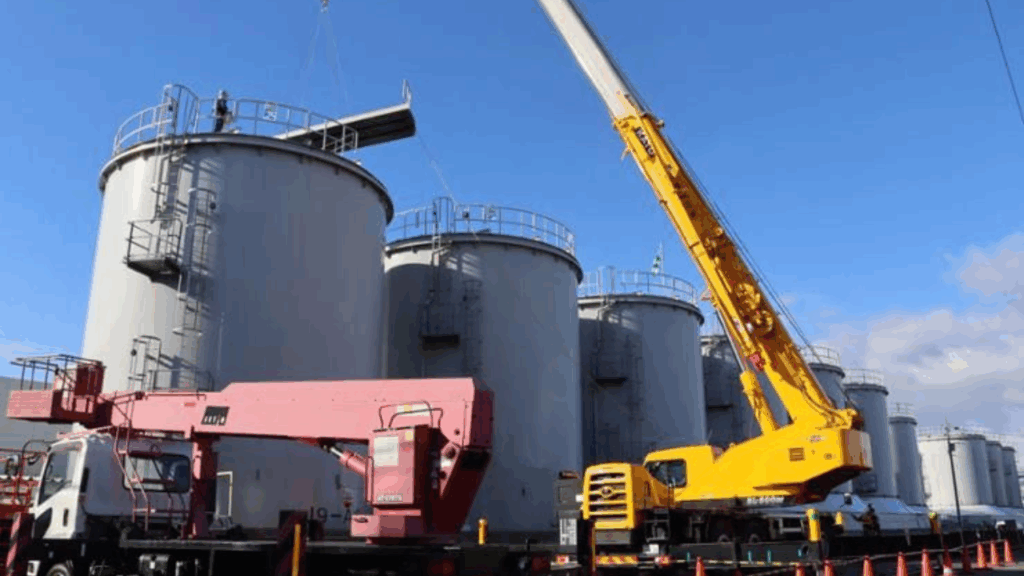Publication date: July 2, 2025 June 2025 Monthly Newsletter: The Latest News In The Japanese Power Market
June 2025 Monthly Newsletter
The Copernicus Climate Change Service, a weather information agency of the European Union, announced that the global average temperature last month was 15.79°C, making it the second hottest May on record worldwide. In Japan as well, summer-like heat struck the country with the arrival of the rainy season, straining electricity demand even before the summer peak. The upper house election campaigns are set to begin next month, likely amid heatwaves.
This month’s newsletter begins with the “GX Decarbonization Power Source Law,” which recently came into effect, allowing nuclear plants to operate for over 60 years. Following this update, we explore the government’s intention to subsidize carbon capture and storage (CCS) projects, aiming to store up to 12 million tons of carbon dioxide annually by 2030. Finally, the newsletter wraps up with the recently published Energy White Paper 2025, emphasizing the importance of investing in next-generation energy sources.
–
Nuclear Plants Get Lifetime Extension

The “GX Decarbonization Power Source Law”, which includes amendments to the Electricity Business Law, the Nuclear Reactor Regulation Law, and the Nuclear Energy Basic Law, has come into force. Under the law, it is now possible to operate a nuclear plant for more than 60 years, helping position the technology as an indispensable power source for the realization of GX (Green Transformation). In addition, regulation of the operational period of nuclear power plants has been transferred from the Nuclear Reactor Regulation Law to the Electricity Business Law.
Until now, the operating period of nuclear power plants was limited to 40 years in principle, with a 20-year extension allowed only once, upon approval by the Nuclear Regulation Authority. With the shift in regulations from the Nuclear Reactor Regulation Law to the Electricity Business Law, the Ministry of Economy, Trade and Industry (METI) is now in charge during the operation period. After 40 years of operation, METI will conduct a review, which then needs to be approved by the Minister of Economy, Trade and Industry.
–
Government Intends to Subsidize CCS Projects

The Ministry of Economy, Trade and Industry (METI) has presented an interim draft proposal for support measures for carbon capture and storage (CCS) projects in Japan. The support will cover the difference between the “base price”, which is the total cost of CCS (from carbon dioxide capture to transportation and storage), and the “carbon price (also reference price)”, which is based on the future carbon pricing system.
To encourage the CCS business to become self-supporting, projects will be required to continue operating at the same scale after the support ends. The exact number of years that the support scheme operates has yet to be determined, but is expected to be around 10 to 15 years.
The government has set a goal of commercializing CCS by 2030 and storing 6-12 million tons per year. The government also intends to accelerate discussions on support measures for ship transport projects that envision overseas storage.
Energy White Paper Highlights Next-Generation Energy Sources

The government has approved the “Energy White Paper 2025”, which summarizes trends and measures to achieve carbon neutrality in Japan and abroad. In the White Paper, the government highlights the importance of expanding the use of next-generation energy sources in which Japanese companies already have a competitive advantage in the global arena (key areas are as follows):
- Photoelectronic fusion: Japan leads the world in terms of high-temperature resistance, and aims to establish a mass production system and capture the market
- Perovskite solar cells: Requires development of technology to improve durability and power generation efficiency, as well as establishing a mass production system
- Floating offshore wind power: Japan needs to accelerate mass production at low cost, using Japanese shipbuilding technology
- Next-generation geothermal power generation: Utilize Japan’s geothermal potential through closed-loop and super-critical geothermal power generation
- Next Generation Innovative Reactors: Next generation reactors with improved safety and energy efficiency, such as the innovative light-water reactor
- Hydrogen, ammonia, synthetic fuels, synthetic methane: Japan is among world leaders in hydrogen technology, and will expand the use of synthetic fuels and synthetic methane.
The White Paper also states that to achieve carbon neutrality by 2050, Japanese companies need to establish next-generation energy innovation technologies as a functioning business.
June 2025 Monthly Newsletter: The Latest News In The Japanese Power Market
Thank you for reading.
If you’ve enjoyed this content, subscribe to our complimentary monthly newsletter. Get updates delivered straight to your inbox every month and stay informed about our latest offerings.
Sign up here today.
